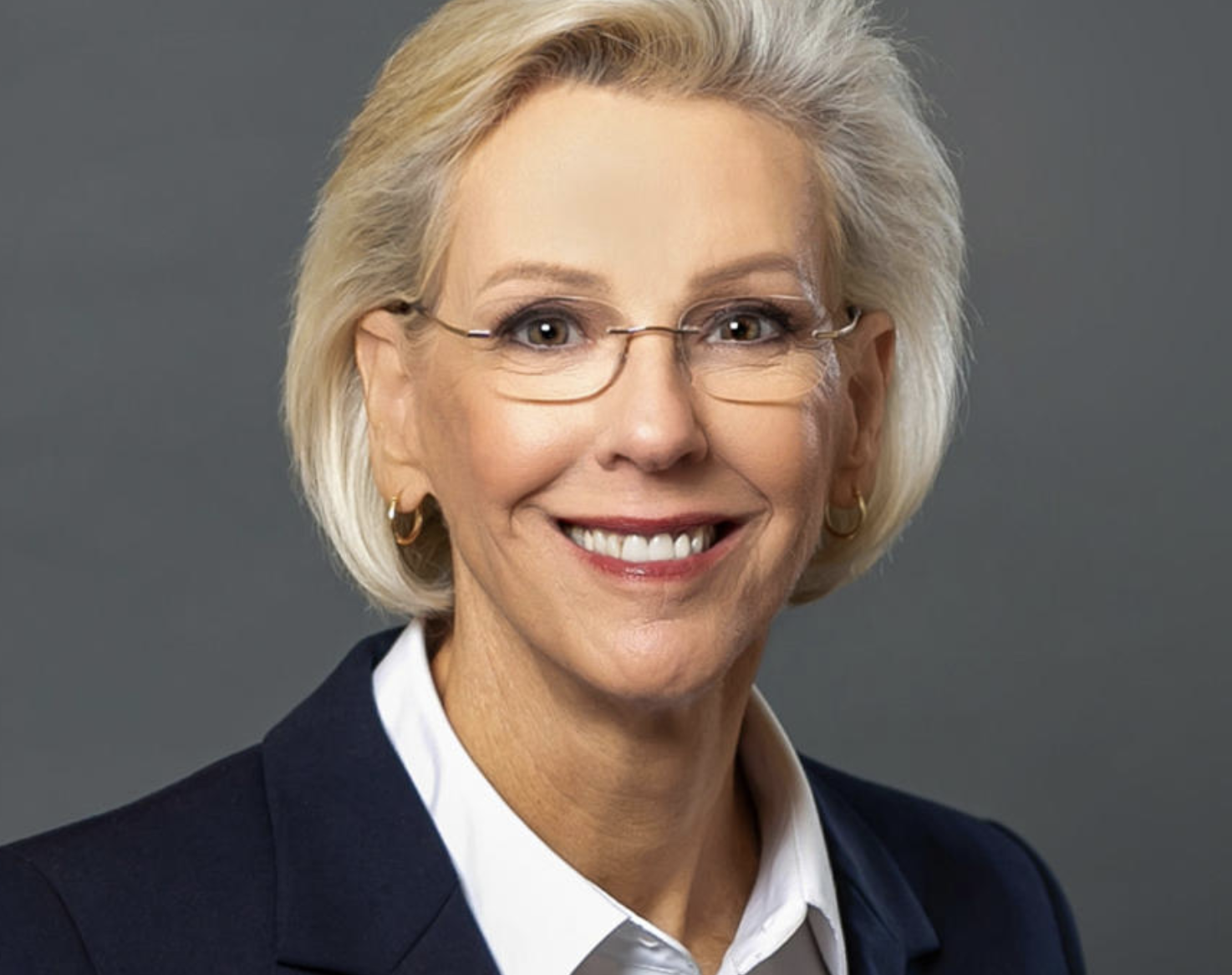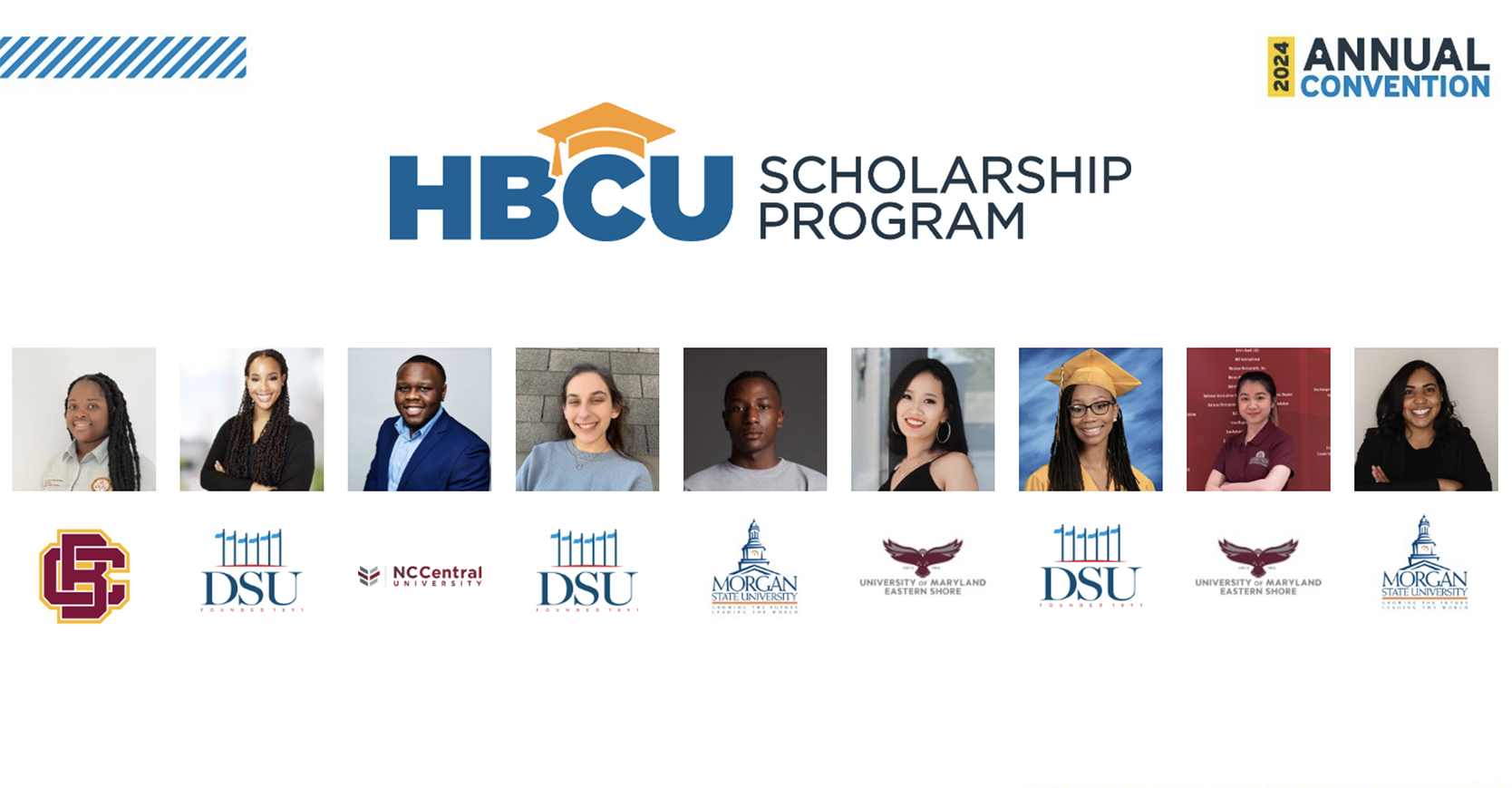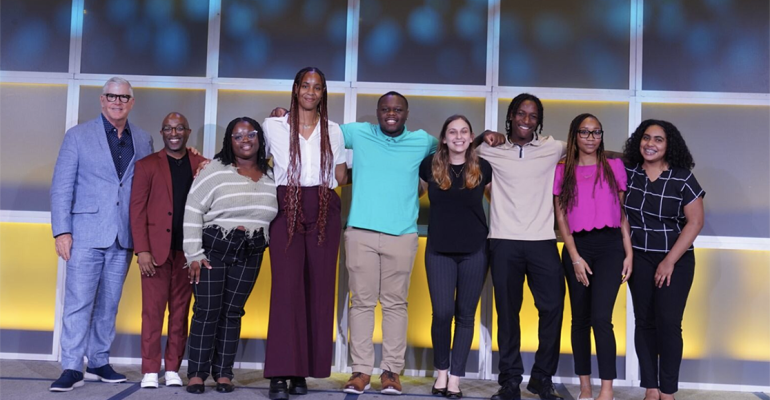Here’s a bit of irony: Destinations International—an association for leaders of destination marketing organizations that bring conventions to their cities—ended its 2023 annual meeting in Dallas with some members openly questioning whether the 2024 meeting’s host destination, Tampa, was a proper choice.
The issue: Several laws passed by the Florida legislature and signed by Governor Ron DeSantis in 2023 dismantled diversity initiatives and changed the way black history is taught in the state’s schools. As a result, both the NAACP and LGBTQ community leaders issued "travel advisories" for Florida, calling on tourists, business travelers, and meeting groups to assess whether they would feel comfortable as visitors in the state with those laws in effect.
But in mid-July, at the opening session of DI’s 2024 convention—held in Tampa—Don Welsh, president and CEO of the association, told the record crowd of more than 1,850 attendees the following: “We held firm to the belief that we do not support boycotts based on legislative action at the state level. If a destination is being impacted [by legislation or public policy], we believe you should go to that destination and work with the community and whichever groups could be marginalized” by those initiatives.
With a plan that began immediately after the 2023 convention, Welsh, DI Chair Fred Dixon, and DI Foundation Chair Ellie Westman Chin led the association in winning over skeptical members by providing intellectual, emotional, and financial support to marginalized groups in the Tampa area.
DI’s Community-Support Plan
While Welsh says DI has been strongly focused on equity, diversity, and inclusion in host cities since the 2016 “bathroom-use laws” controversy in North Carolina, “we took on this latest challenge in a very focused way.” The effort began with meetings in fall 2023 with Visit Tampa Bay CEO Santiago Corrada; Mayor Jane Castor, the first openly gay mayor of the city who was previously chief of police; and Yvette Lewis, president of the Hillsborough County chapter of the NAACP.
 From those conversations, DI was able to secure Castor for a prime speaking slot at the convention that would focus on the region’s tolerance and inclusivity. And when that time came in July 2024, Castor (right) said this to the audience: “Thank you to DI for believing in us; I know they got a lot of pushback [on meeting in Tampa] because of some of the positions our state has taken. But those are not the positions of Tampa Bay—we are very welcoming, and I know you have seen that so far. We also hosted the Kappas Konclave, one of the ‘divine nine’ [Black] sororities and fraternities, in July 2023, and the Omegas Conclave just a few weeks before this event. In fact, after the Kappas meeting, every one of the divine nine made a plan to host a future meeting here in Tampa.”
From those conversations, DI was able to secure Castor for a prime speaking slot at the convention that would focus on the region’s tolerance and inclusivity. And when that time came in July 2024, Castor (right) said this to the audience: “Thank you to DI for believing in us; I know they got a lot of pushback [on meeting in Tampa] because of some of the positions our state has taken. But those are not the positions of Tampa Bay—we are very welcoming, and I know you have seen that so far. We also hosted the Kappas Konclave, one of the ‘divine nine’ [Black] sororities and fraternities, in July 2023, and the Omegas Conclave just a few weeks before this event. In fact, after the Kappas meeting, every one of the divine nine made a plan to host a future meeting here in Tampa.”
In his moment on the main stage, Corrada would acknowledge the history, contributions, and continued presence of the Native American community on Florida’s west coast.
 Further, the association worked with Lewis at the Hillsborough NAACP chapter to set up week-long internships on site for several local high-school students who are interested in the hospitality field. And through a program started by former DI board chair Al Hutchinson several years ago, DI would also provide nine $8,000 scholarships to local students of various ethnicities to attend a historically black college or university. Those students also spent much of the convention engaged in educational and networking sessions, giving them a detailed picture of the meetings and hospitality industry.
Further, the association worked with Lewis at the Hillsborough NAACP chapter to set up week-long internships on site for several local high-school students who are interested in the hospitality field. And through a program started by former DI board chair Al Hutchinson several years ago, DI would also provide nine $8,000 scholarships to local students of various ethnicities to attend a historically black college or university. Those students also spent much of the convention engaged in educational and networking sessions, giving them a detailed picture of the meetings and hospitality industry.
The largest element of DI’s social-responsibility plan for the convention was a final-night party held in the streets of Ybor City, a traditionally Cuban neighborhood that, in recent years, has seen more LGBTQ residents and businesses come in.
“We involved many LGBT-focused restaurants, clubs, and shops in that final evening, in addition to other minority-owned businesses,” Welsh says. “In fact, we looked at every element of our event, from the venues we used to the products, services, and amenities we purchased, with that inclusive perspective.”
A Blueprint for Others
Welsh notes that DI is chronicling its actions for the benefit of its destination-marketing members, who could engage their convention clients using a similar plan in their destinations. And while this “Tampa case study,” as Welsh calls it, will be fully available only to DI members, “we are happy to talk with any event planner who has questions on how this all came to be, so they can go into destinations and identify and work with segments of the community that are somehow marginalized or impacted.”
Welsh’s final bit of advice for convention and trade-show organizers: “If there is a negative perception about a destination, don’t simply decide not to go there. Give that destination’s leaders the opportunity to prove they're worthy of consideration, and allow them to showcase what they are willing to do to change that perception.”





